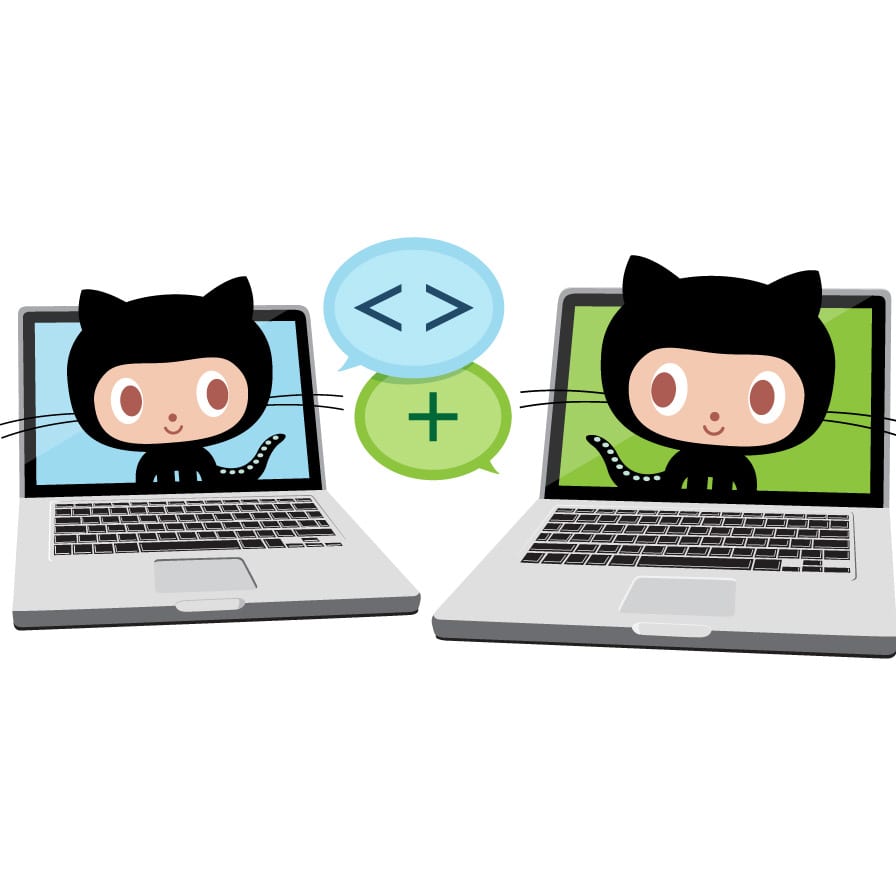We are pleased to announce the launch of a pilot service in Research Software Development Infrastructure. This will make available to those UCL researchers who create their own research software the tools they need to do so in a sustainable, professional manner.

The GitHub collabocats, from http://octodex.github.com/, used by permission.
Part of this service access to GitHub’s source code management service. This is provided as a ‘free at the point of use’ service to UCL researchers and their nominated collaborators. GitHub are the leading providers of cloud source code management and collaboration tools, including great support for version control, issue tracking, and code review, as well as the ability to manage software documentation and websites linked to the source code. GitHub repositories can be interacted with via git or subversion, or via their dedicated GUI clients. We recommend use of GitHub as a third party service to provide, in GitHub’s hosted cloud, management of software being developed and maintained by UCL researchers.
GitHub provision for non-profit research is free. Our service means costs for non-qualifying researchers will be covered by UCL’s Research IT Services Department . Please follow our signup instructions, if you want to have a go.
Although researchers should contact us to avoid paying fees for private repositories, open source repositories carry no cost on GitHub, and UCL research groups should feel free to go ahead and set up public repositories themselves. Do let us know about your open source repository, at rc-softdev@ucl.ac.uk, so that we can follow your great work!
This service is an open beta, and UCL’s adoption of GitHub will be reviewed following this beta phase by the UCL Research Software Development academic governance bodies. In the event of transition to a different provider following this beta period, all research groups involved in this beta phase can be assured of extensive support in moving to any replacement. Researchers who use the beta service will be invited to provide feedback as to the quality and appropriateness of the tools provided, to ensure that we are able to develop and provide services that are responsive to the needs of UCL researchers.
During the beta period, our ability to provide support, training and advice for your use of GitHub will be limited by our availability, and supplied on a best efforts basis. Nevertheless, please get in touch with us at rc-softdev@ucl.ac.uk and let us know about your needs. We aspire to provide more comprehensive local training and support as the service matures.
GitHub’s service is cloud-based, and worldwide. This may not be appropriate for some research groups, for example, those with legal obligations to reserve code within particular jurisdictions. Groups worried about this should get in touch. We will, where time and costs permit, be able to develop bespoke solutions for source code management for projects with specific requirements. We will also in due course be providing advice regarding risks associated with the service as we develop the pilot.
We hope to provide further research software development infrastructure, such as support for continuous automated multi-platform testing of code, as we develop our services.
Dr James Hetherington,
Team Leader,
UCL Research Software Development
Filed under Uncategorized
Comments Off on UCL Research Software Development Recommends GitHub
 Close
Close


